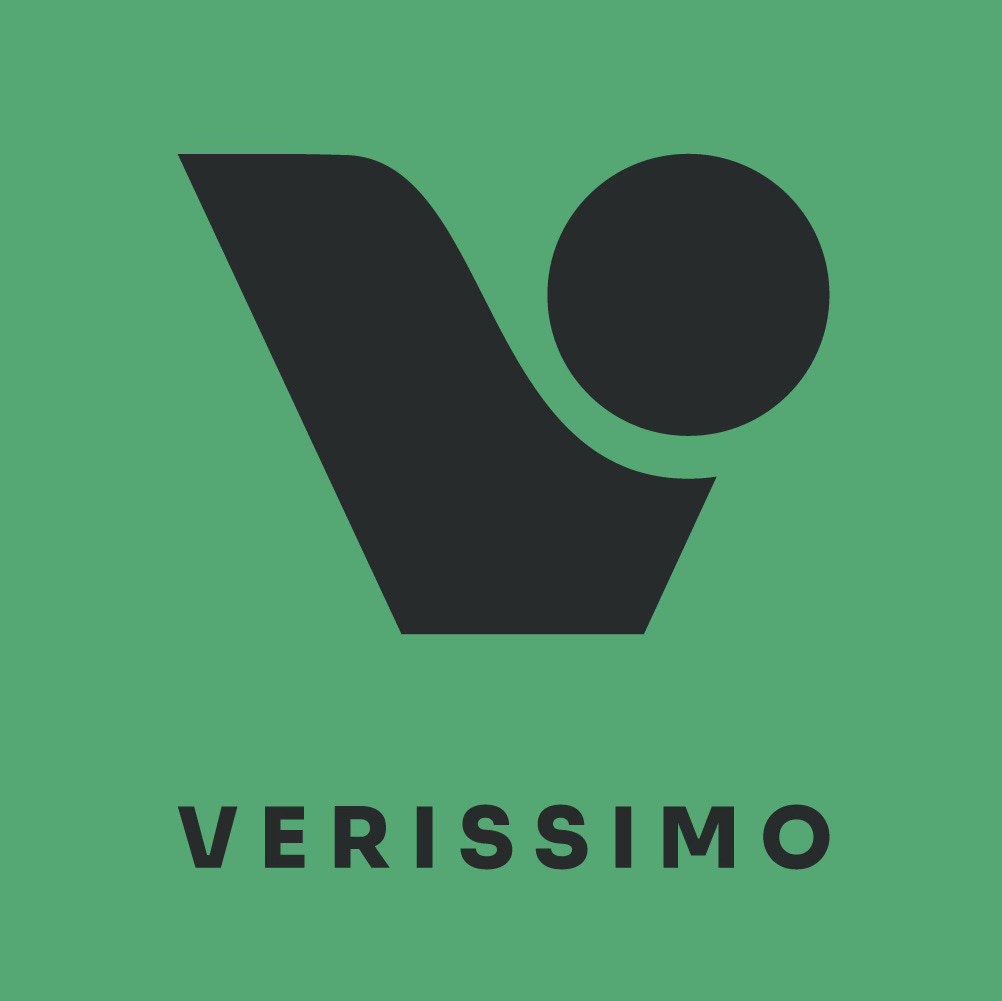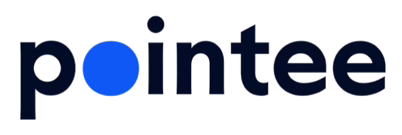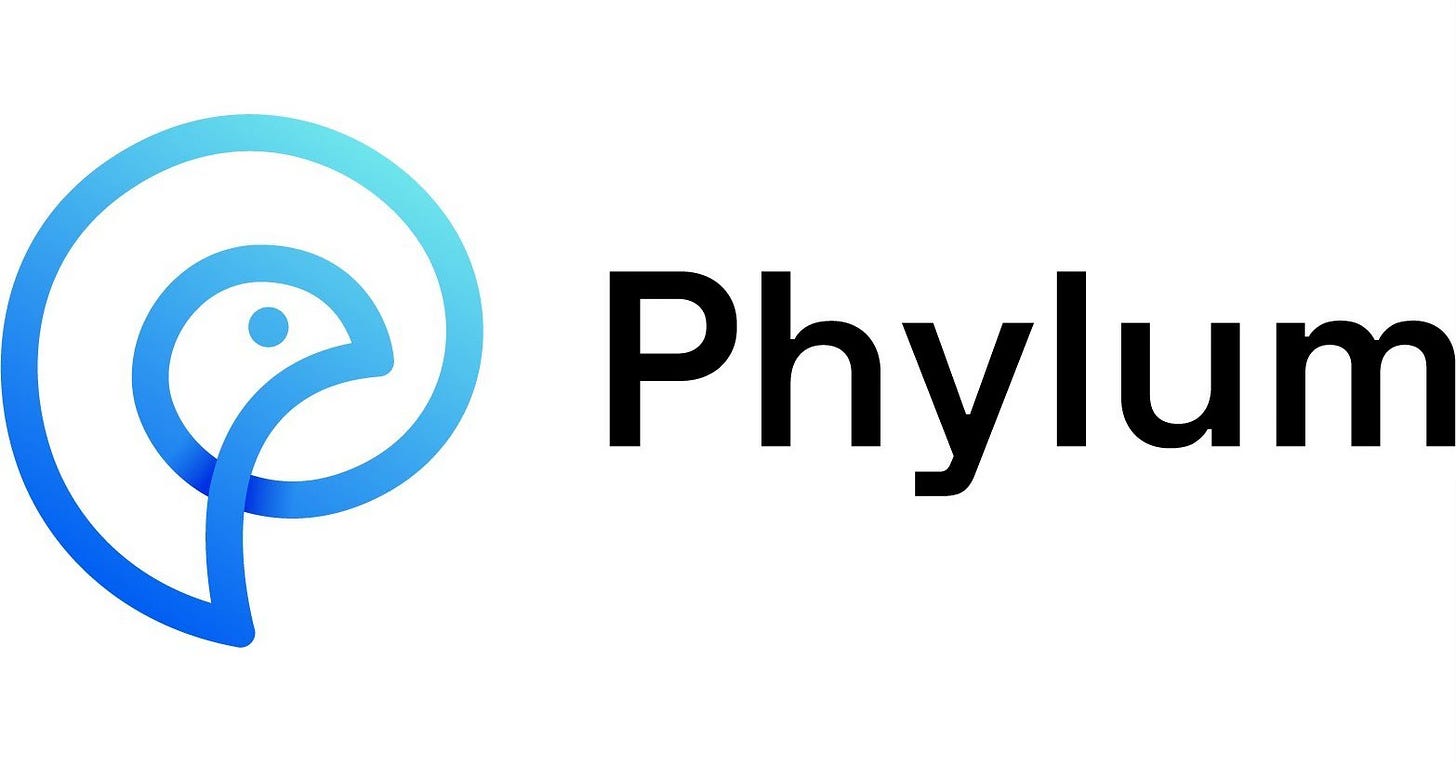Verissimo Ventures is a Pre-seed and Seed Venture Fund based in Israel and the US. We invest primarily in enterprise software companies and take a fundamentals-driven approach to early-stage investing. We work closely with founders to help them build the strongest, most fundamentally sound businesses with potential for explosive growth and a meaningful impact on the market.
We were founded in 2020 and are currently investing out of Fund 2.
Thoughts on Investing and Starting Up
A common misconception in company building is that a perfect product will automatically attract customers. The belief that a superior product will inevitably find its audience leads many to dive head first into development before ever acquiring a customer.
This approach is almost always the wrong one. Accurately predicting your target audience's core pain points, unique dynamics, or even identifying them correctly is an incredibly challenging—if not impossible—task. Steve Jobs may have been known for this tactic, but there are two important things to remember: 1) you are not Steve Jobs designing the iPhone and 2) there was probably more customer interaction than the stories allude to. Building something that is beautiful and usable for yourself is a great accomplishment but without integrating the buyer (and their decision processes) into your design process, you are likely to go astray—wasting valuable resources and time. And then of course you are even more likely to fall victim to the sunk cost fallacy once the evidence starts showing that people are not willing to pay for what you built, and instead of changing course, you dig your heels in, driving the entire company into the ground.
A far more effective strategy is to build a company rather than just build a product. Customers are the lifeblood of any company (they provide the revenue), so build a basic version of your product and go to market as quickly as possible. By engaging with customers early, you have the opportunity to shape your product to align with real-world needs and build a strong foundation based on valuable customer insights. This iterative process of development and customer interaction is crucial for long-term success.
The fundamental purpose of any company is to make stuff and sell stuff, and you have to do both well. If you only sell stuff, you will have no staying power or pricing leverage and the long-term prospects of the company are dismal. If you only make stuff, you are hoping to get lucky, but the odds are not in your favor and the near-term prospects are dismal. Taking the two approaches together and building a process to iterate back and forth between them is the recipe for success.
Case in point: We have a portfolio company made up entirely of eight highly technical engineers. Early on, the Founder/CEO decided that bringing in customers was a top priority; a decision met with initial resistance from the others engineers who pointed out that they had enough funding to enable them to be fully focused on building the best possible product, and that the company would be better served by them focusing on their primary job rather than becoming distracted by focusing on sales. The founder, however, insisted on having the voice of the customer be an integral part of the development process and pushed toward acquiring customers as fast as possible.
Ensuring that the whole team prioritizes go-to-market from day one has been very successful. Each engineer has naturally taken on the role of a mini product manager, thinking about what to build, how to attract customers, and what the customers actually need rather that just optimizing performance. This shift in mindset has led them to organically seek out and and ultimately sign customers through meetups with other engineers and friends. These interactions have meaningfully improved their understanding of their prospective customers' pain points and enabled them to build a product that better aligns with their needs and wants.
This culture of incorporating customers from day one has been amazing for product development and has already paid off with impressive traction.
A better known example is Zapier. Their early breakthrough came from a brilliant initial focus on understanding user needs and pain points. They invested significant engineering effort into automating the creation of thousands of websites: for every possible integration, they generated a dedicated web page demonstrating how two services could communicate and work together, complete with relevant data and feedback. By closely monitoring user interactions with these pages, Zapier gained valuable insights into the struggles and needs of their users, which fed directly back into their product.
This approach not only provided substantial organic traction and inbound interest, but it also crucially allowed them to continuously refine their product based on real-world feedback. This became part of the culture of the company, propelling them into success at scale.
An additional point to highlight here and one present in both our examples is that focusing on GTM early can force teams to consider creative and non-traditional sales approaches—which can pay off massively, as selling a product that doesn’t already exist or is rudimentary is no simple task.
The earlier you can incorporate customer feedback the better—by iteratively developing and refining your offering based on real-world feedback, you increase the chances of creating something truly valuable.
Your customers define your company's success, so listen closely and adapt accordingly.
Portfolio Highlights
Monto recently announced $9 million of Seed funding. The round was led by Scale Venture Partners. We led the first financing from fund 1 and participated in this round as well.
Monto is the only way enterprises can get paid from any customer and any portal, with just one click. It connects with every payment portal (i.e., Tipalti, Ariba, Coupa, Bill.com, etc.), learning billing requirements to send, track, and collect invoices in one click with no manual work. By reducing friction and speeding up payments, Monto frees up working capital and simplifies enterprise payments.
Health Note is a clinically intelligent patient intake that creates an improved healthcare experience for care teams and patients by updating EHR data and automating clinical notes. Founded by Dr. Josh Reischer, Health Note reduces provider burden and enhances practice efficiency by automating note writing, digitizing patient communication, and handling tasks like pre-visit registrations, payments, and satisfaction surveys. They also recently launched an AI-powered Ambient Scribe - if you are a physician, you can register here for early access: https://www.healthnote.com/scribe-early-invite/.
Pointee is a RPA optimization solution that leverages unique IP to solve some of the biggest challenges in the world of RPA. They provide both visibility and optimization solutions to existing RPA implementations, allowing for meaningful time, cost and overhead savings.
Phylum is an automated, software supply chain security platform that continuously informs organizations of risk, blocks zero-day attacks, and enforces compliance and governance without disrupting innovation. Phylum analyzes open-source software as it is published—contextualizing risks, preventing threats, and informing developers and security teams. Customers use the Phylum platform to protect applications from malicious code, evaluate third-party vendors, identify brand misuse and targeted attacks, complete mergers and acquisitions, and limit risks associated with using AI to write or fix source code.










